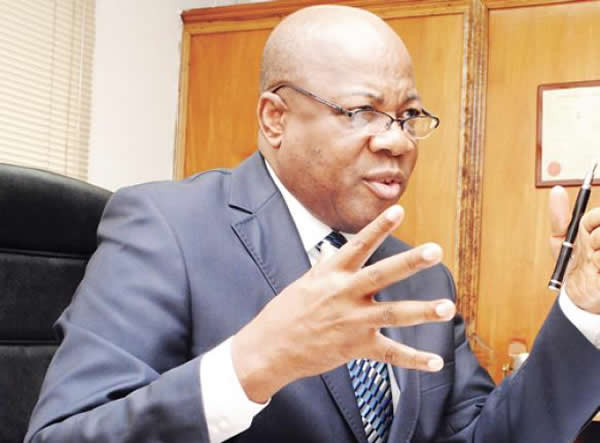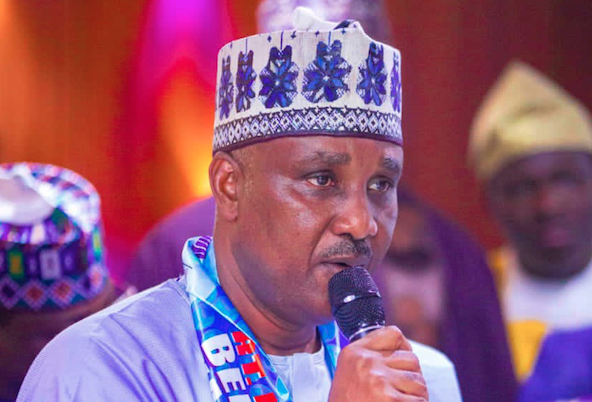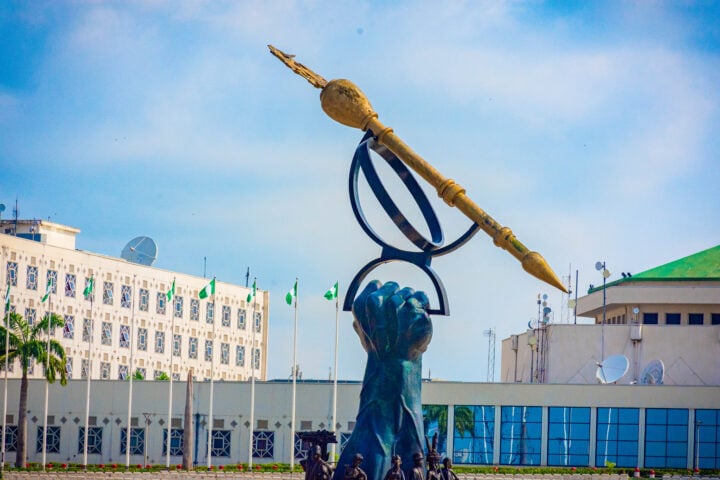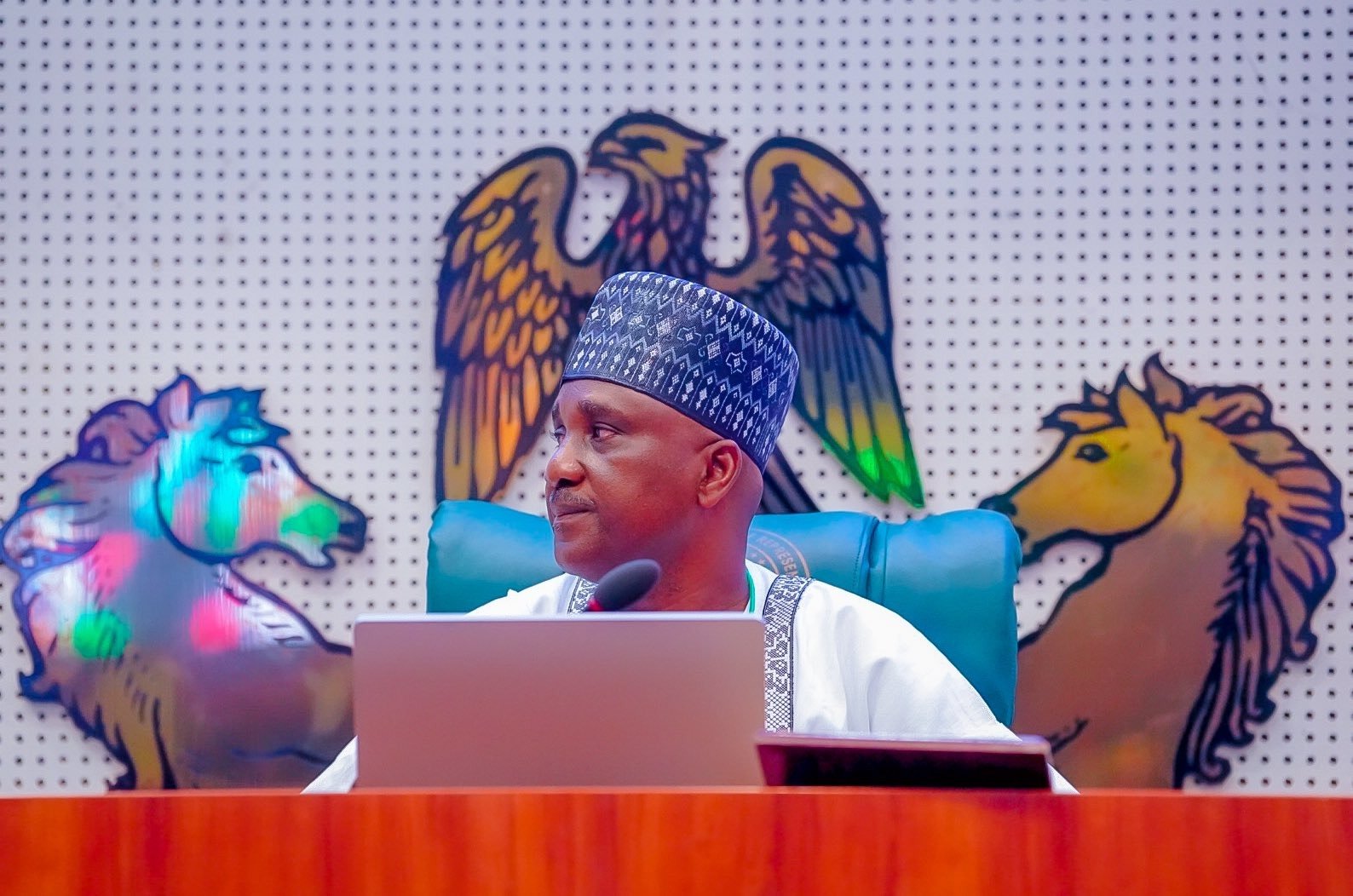On June 12, 2023, President Bola Tinubu signed the Student Loan (Access to Higher Education) Bill into law. His team is selling his action as a Democracy Day gift to the Nigerian people. The new president is somehow managing the optics, but this has more questions to answer. At the end of my analysis today, we will conclude if it will let the poor breath or if it is out to suffocate them.
Let me premise this conversation by saying I was always worried anytime Tinubu said, during the presidential campaign, that students will easily get loans to fund their education. Every time I heard it, it always sounded to me like, “education will become very expensive, and you’ll get loans to pay for that expense”.
History teaches that former head of state, Yakubu Gowon, introduced federal student loans in the 1970s with a payment period of 20 years. The decree gave students funds for their tuition, dues, and other expenses approved by their schools. In a few years after that, the government began to push for “cost-reflective tuition,” which culminated in the Ali Must Go protest of 1978 over increased tuition. The Tinubu government is following the same ‘cost-reflective’ path as stated in the party’s manifesto.
Make no mistake, I believe education is expensive, and that someone has to pay for it — but I’m not decided if that someone should be government or the student.
Advertisement
Let’s answer some quick questions about the new Act: Where will the funds come from? What are our thoughts on the requirements? Should it be interest-free loans? How does this compare to other countries? Should private university students have access?
Where will the funds come from?
As you may already know, the Act recommends that 1% of revenue by Nigeria Customs Service (NCS), Nigeria Immigration Service (NIS), Federal Inland Revenue Service (FIRS), and 1% of profits on oil and mineral accrue to the Nigerian Education Loan Fund, which is the new fund housed by the Central Bank of Nigeria (CBN) to run the show.
Advertisement
Based on the historic annual revenue of these agencies, the fund should be starting out with about N200 billion — which is likely to increase year-on-year. If this was based on 2021 figure, FIRS will have given N101 billion, which was 1% of its revenue for the year to the fund. Customs would have given N22.4 billion, NNPC will cough N6.74 billion, and the list goes on.
The funds will come. In fact, at over N200 billion in revenue per annum from these agencies, the fund can pay for two million students (at N100,000 per year).
Requirements are not fine?
Getting a loan in Nigeria is historically a chore. Banks were known for asking for a little too much — from your father’s property to your mother’s first car, and so on. That changed a little with the salary account lending system — but that limited how much people could lend. So it’s not a surprise that Nigerians have mixed feelings about this Student Loan Act.
According to the Act, your family income must be less than N500,000 per year and you need two guarantors: a civil servant with 12 or more years in the service and a lawyer who is at least 10 years post-call. Some think this is easy, while others think it’s a lot. I have heard people say “My tuition is only 21,000, why do I need my entire village to know I want to take a N21,000 loan?”
Advertisement
Others have said, it’s so easy. This is an interest-free loan. My wife believes businesses will spring forth from this; businesses that pool lawyers and civil servants to stand as guarantors for students taking the loan and paying a certain amount to the business. The Act does not forbid that (yet).
Unlike Gowon, Tinubu’s loans only cover tuition
According to the Act, the loans cover only tuition and are paid directly to the universities. It does not cover accommodation and living expenses. I studied at the University of Ibadan, and while I was there, my tuition was about N18,500, while my accommodation cost N14,000. Living expenses ran from N5,000 to N20,000 a month throughout my six years at the university (ASUU extended my stay).
This means my expense per annum would be N18,500 + N14,000 + 10,000 x 12 months (assuming I lived on N10,000 a month). This would total N152,500 — but the government will only loan me N18,500. That’s less than 13 percent of what I actually need.
These are parts of the Act that need reconsideration in the execution guidelines. Other countries, like the US and the UK, have it differently. To encourage female students, India has loan terms with more incentives for young ladies.
Advertisement
Should private universities be involved?
Currently, the loans cover Universities, Polytechnics, Colleges of Education, and Vocational Schools established by the federal government and state governments. This effectively excludes private universities.
The entire idea of student loans started as financial aid in the 1600s at a private university in the United States — this was Harvard University. Yes, Harvard and in fact, most top universities in the US are private universities. There are fewer private universities in the UK, but both countries offer government-backed student loans to private universities.
Advertisement
I believe private universities should be included — but maybe it’s too early in the day to ask for that. Many private university students already take loans for their fees, imagine how excited they’d be to get interest-free loans.
Repayment problems
According to the Act, Nigerians who take student loans are expected to start paying two years after completing the National Youth Service Corps (NYSC). The education loan fund is mandated to work with the student and their employers to deduct the funds at the source — the PAYE way.
Advertisement
This makes sense but could make even more sense. The Act says employers shall deduct 10% of salary, which means it does not take time into consideration. Let me explain. If my total student loan was N200,000 upon graduation, and my first salary is N100,000 a month, the education fund will take N10,000 every month for 20 months, and I’d be debt free.
A lot of Nigerians will culturally like that because we don’t like debt. However, if we are trying to build a society where credit history matters, I’d recommend we do it differently. Let’s have options. I’m earning N100,000, can I pay N1,000 a month? I’d be done paying my debt in about eight years without feeling a pinch (Gowon’s loans gave 20 years for repayment). Or can I decide I want to feel the pinch and pay off the N200,000 in four months?
Advertisement
Jail term if you can’t pay back?
The Act is silent on Nigerians who do not get a job two years after NYSC but prescribes a two-year jail term for loan defaulters. If I do not get a job after two years, will I be considered a defaulter?
Will I go to jail for being unemployed? The answers are likely no, but implementation guidelines need to be clear on this.
What does this mean for you?
Conclusively, the Loan Act means tuition fees will no longer be an excuse for Nigerian students not to get higher education. It also means more targeted funding for employable education, and some national debt burden to repay in the future — if not properly managed.
For context, the US federal student loans went from $0 to $1.7 trillion in 64 years. This is unlikely to happen to us, majorly because there are no compound interests to pay on the debt. But we must be conscious and not let this happen to us.
Student loans should help the poor and not become the government’s first step to higher fees in higher education.
You can reach ‘Mayowa on Twitter @OluwamayowaTJ







